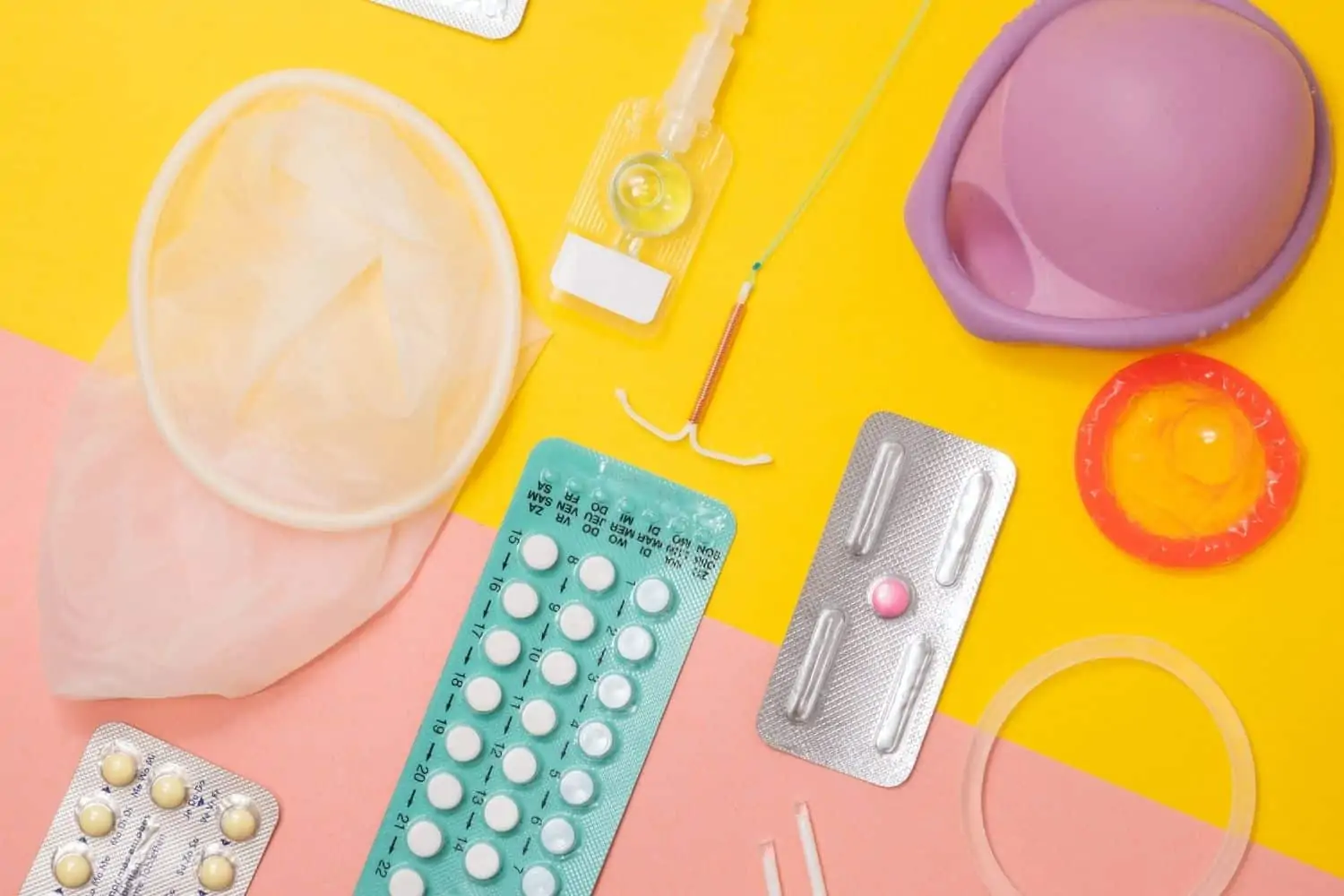The World Health Organisation (WHO) is spreading awareness regarding world contraceptive day that took place on the 26th of September. In everyday life it is extremely important to be aware of these statistics, however, during the Covid-19 pandemic, it is even more important.
Self-care contraceptives is life-saving
WHO feels that self-care contraceptives can empower women to take matters into their own hands by managing their own sexual and reproductive health needs.
Self-care contraceptives include:
- Condoms
- Contraceptive pills
- Injectable contraceptive (DMPA-SC)
According to WHO, the Covid-19 pandemic could lead to a 12% average decline in modern contraceptive use in adolescents. It could also lead to an additional 734 000 unintended pregnancies in adolescents.
Self-care contraceptives can reduce unsafe abortions
“Increasing access to self-care contraceptives should be a public health priority”, WHO states.
These contraceptives prevent the potential health consequences associated with:
- Unintended pregnancies
- Unsafe abortion
- Sexually transmitted infections
These contraception methods can especially reduce unsafe abortion practices during the pandemic. According to WHO statistics, the pandemic could lead to a 23% shift in abortions from safe to unsafe practices in adolescents. It can also lead to an additional 491 000 unsafe abortions in adolescents.
ALSO READ: WHO fears that the world could go “back to square one” thanks to Africa’s vaccine shortfall
